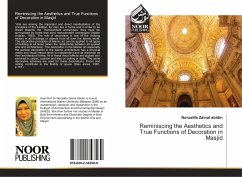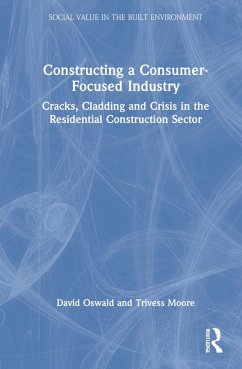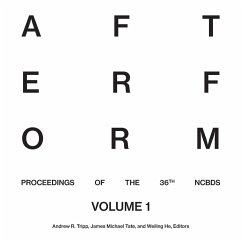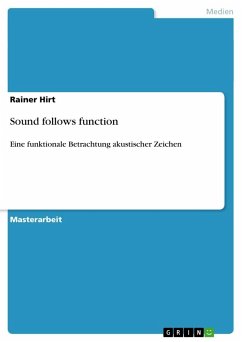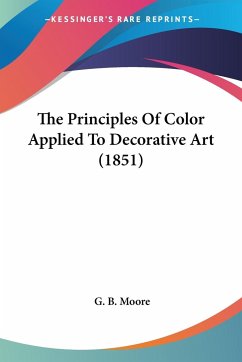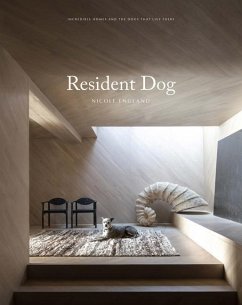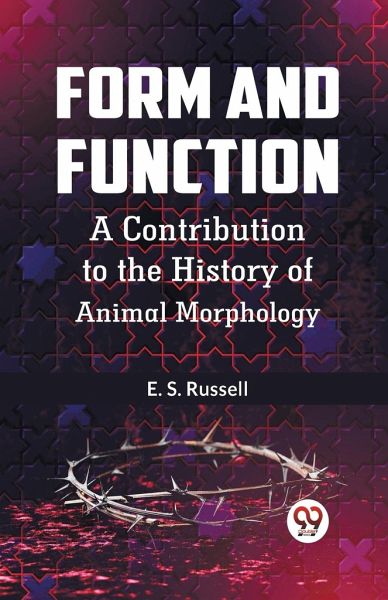
Form And Function A Contribution To The History Of Animal Morphology
Versandkostenfrei!
Versandfertig in 1-2 Wochen
19,99 €
inkl. MwSt.

PAYBACK Punkte
10 °P sammeln!
"Form and Function" by E. S. Russell is a seminal work in the field of biology that explores the fundamental relationship between the structure (form) and the purpose (function) of organisms. This significant literature has had a long-lasting impact on morphology and physiological research. Russell's research digs on the complex interplay of an organism's morphological traits and biological functions. He emphasizes the significance of understanding how the structure of an organism evolved to fulfill particular functions in its surroundings. Russell's method is broad, encompassing many parts of...
"Form and Function" by E. S. Russell is a seminal work in the field of biology that explores the fundamental relationship between the structure (form) and the purpose (function) of organisms. This significant literature has had a long-lasting impact on morphology and physiological research. Russell's research digs on the complex interplay of an organism's morphological traits and biological functions. He emphasizes the significance of understanding how the structure of an organism evolved to fulfill particular functions in its surroundings. Russell's method is broad, encompassing many parts of biology such as anatomy, biomechanics, and adaptability. One of the key themes of "Form and Function" is the concept of adaptation, which outlines the ways organisms have developed over time to maximize their forms for survival and reproduction in different environments. Russell uses numerous examples from the animal and plant kingdoms to demonstrate how various structures and functions have coevolved in response to selective pressures. By emphasizing the need of evaluating both form and function whereas studying organisms, E. S. Russell's work has left an indelible mark. It is a foundational classic for biologists and continues to stimulate study in ecology, evolution, and physiology.





